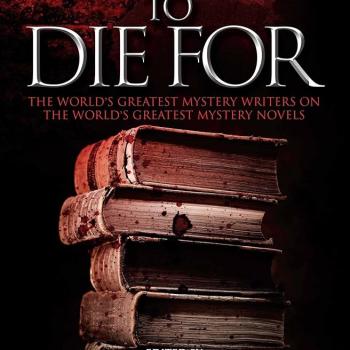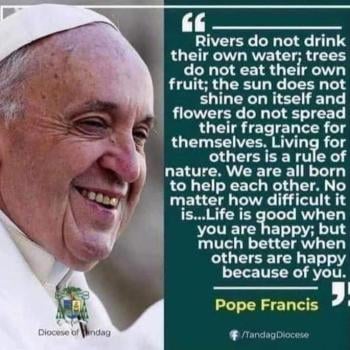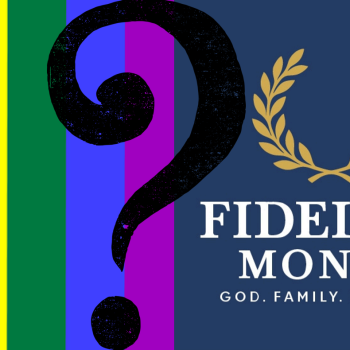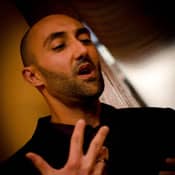Aslan claims that saying, "Isn't this Mary's son," in the deeply patriarchal first-century Palestine, was taken as a slur (i.e., rather than saying this is Joseph's son), and thus Jesus must have been born out of wedlock. To me, however, the statement about Jesus in the passage fits perfectly with the virgin birth of Jesus. They all knew the story that Jesus was born of no father, and thus they are calling him "Mary's son." Indeed, that is precisely what the Quran repeatedly calls Christ: "Jesus, the son of Mary." Besides, there is nothing in Islamic belief that states that Mary was "perpetually" a virgin, and so it is completely acceptable to me for Jesus to have half-brothers like James, Joseph, Judas, and Simon.
Another place where Aslan's book conflicts with traditional Islamic belief is his insistence, as historical fact, that Jesus was crucified by Rome. Yet, this is something that the Quran categorically rejects: "However, they did not slay him, and neither did they crucify him, but it only seemed to them [as if it had been] so" (4:157). While I'm going to side with the Quran on this conflict, it did not diminish my experience or enjoyment in reading Zealot in the least. Moreover, as God says in the Quran: "In the end, unto Me you all must return, and I shall judge between you with regard to all on which you were wont to differ" (3:55). So, we will just have to wait and see.
Yet, having said all of this, what Zealot does above all is give me the opportunity to live and walk with Jesus Christ, and it has given me the best picture yet of what first-century Palestine must have been like. In fact, it does the exact same thing that Martin Lings' book, Muhammad: His Life Based on the Earliest Sources, does for the Prophet Muhammad. I particularly enjoyed the section of Zealot about Jesus' brother James, and after reading about him, I liked him quite a lot. Again, Zealot allowed me to live and walk with him, too. As a Muslim believer, who loves and honors the Prophets of God, to be able to open and book and be transported to 1st-century Palestine or 7th-century Arabia to be with Jesus or Muhammad is truly an amazing experience.
Indeed, as with many other readers, I took away from the book what I believed about Jesus before I started reading it. Just as, from a historical perspective, Aslan's explanation of the "Give unto Caesar" passage is plausible, Jesus' being born out of wedlock, again, from a historical perspective, is also plausible. Yet, I can accept the former, and I categorically reject the latter. But I am not reading this book as a scholar, which I am not, but rather a believer. I do not condemn Reza Aslan for claiming Jesus was crucified or suggesting that he was born out of wedlock. I simply disagree with these contentions and move on, while still thoroughly enjoying the vivid picture of Jesus that Aslan masterfully paints in this book.
At the end of Zealot, Reza Aslan writes this: "The one thing any comprehensive study of the historical Jesus should hopefully reveal is that Jesus of Nazareth—Jesus the man—is every bit as compelling, charismatic, and praiseworthy as Jesus the Christ. He is, in short, someone worth believing in." I couldn't agree more.





